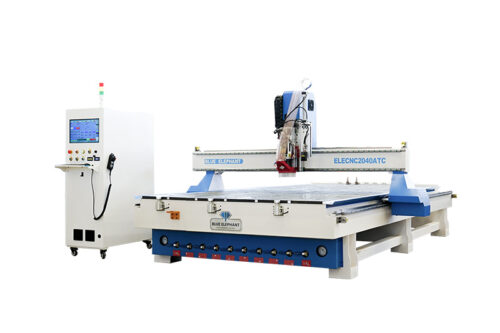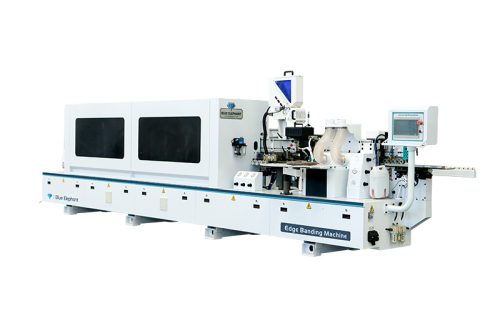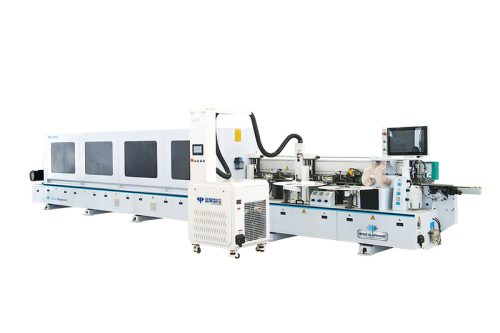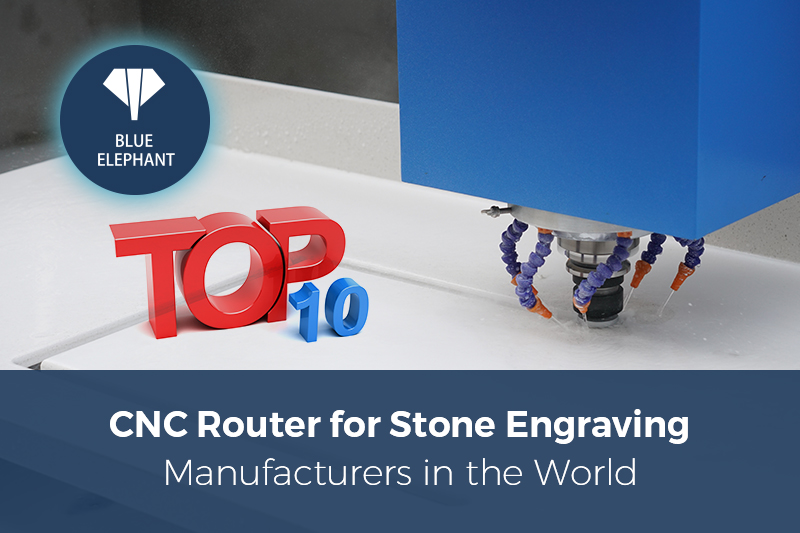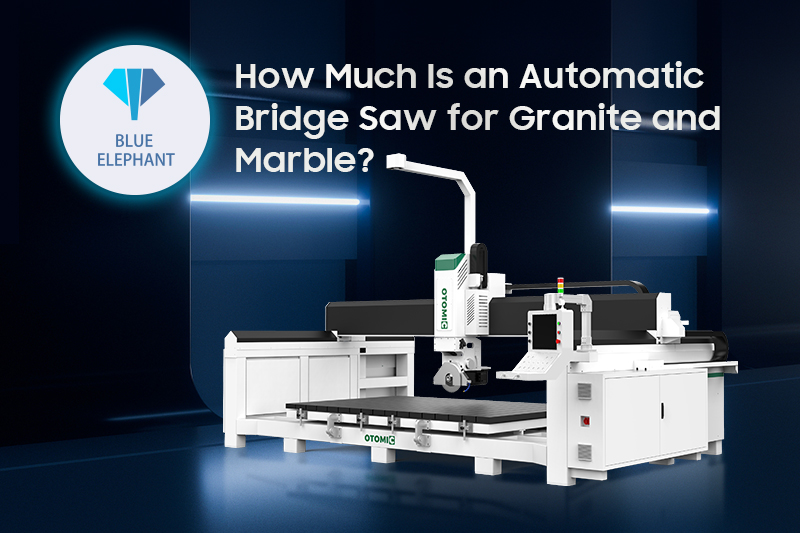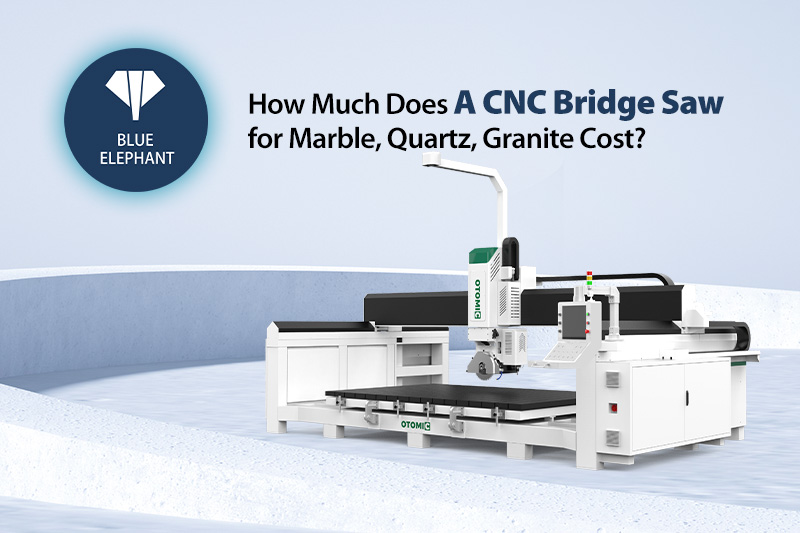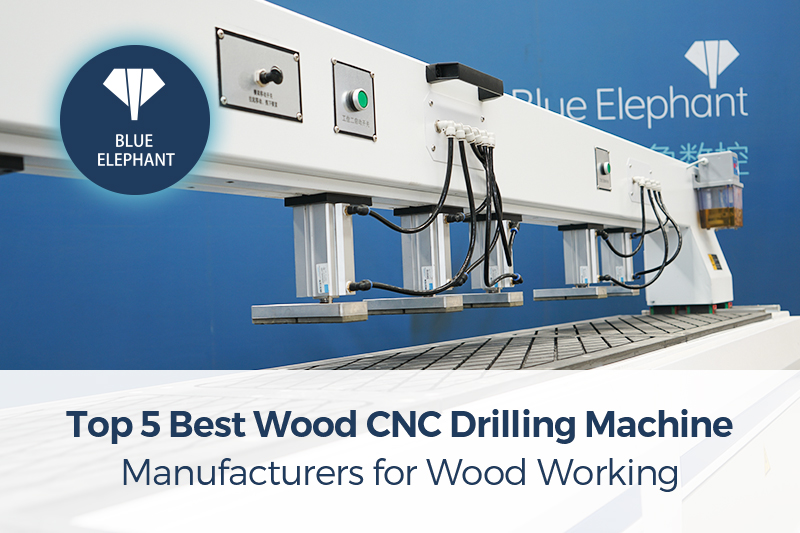The first time I tried using a wood lathe, I made more dust than an actual product. I spent hours figuring out the settings, and in the end, the machine wasn’t even the right fit for the job. That’s when I realized—choosing the right lathe makes all the difference.
If you’re investing in a lathe for beginners, you need one that’s easy to operate, efficient, and built to last. A poor choice means wasted money and frustrated operators.
This guide is built on industry expertise, hands-on testing, and insights from professionals who rely on these machines daily. Every lathe on this list is selected for durability, ease of maintenance, and business value.
By the end of this article, you’ll have a clear understanding of which wood lathe is the best investment for your business needs. Whether you’re a machine dealer, spare parts supplier, or repair expert, this list has you covered.
Let’s get started!
Quick Comparison Chart
Choosing the right wood lathe can make all the difference in efficiency, precision, and ease of use. Whether you’re looking for a compact benchtop model or an industrial-grade CNC lathe, this table compares the key features, motor power, and capabilities of the top 8 beginner-friendly lathes.
| Model | Type | Motor Power | Speed Range (RPM) | Swing Over Bed | Distance Between Centers | Weight | Key Feature | Price Range |
| JET JWL-1221VS | Midi | 1 HP | 60 – 3,600 | 12 in | 21 in | 121 lbs | Smooth variable speed with digital readout | $900 – $1,200 |
| Delta 46-460 | Midi | 1 HP | 250 – 4,000 | 12.5 in | 16.5 in | 97 lbs | Forward/reverse function for smooth finishing | $750 – $1,000 |
| Blue Elephant CNC Lathe | CNC | 3 – 5.5 kW | Customizable | Customizable | 1,500 – 3,000 mm | Varies | Automatic tool changer for high production | $8,000 – $20,000 |
| RIKON 70-105 | Mini | ½ HP | 500 – 3,200 | 10 in | 18 in | 75 lbs | Simple 5-speed operation | $350 – $450 |
| WEN 3421 | Mini | 3.2A Motor | 750 – 3,200 | 8 in | 12 in | 44 lbs | Lightweight & portable | $150 – $250 |
| Shop Fox W1704 | Benchtop | 1/3 HP | 700 – 3,200 | 8 in | 12 in | 52 lbs | Small but sturdy | $250 – $350 |
| Nova Comet II DR | Midi | ¾ HP | 250 – 4,000 | 12 in | 16.5 in | 82 lbs | Digital variable speed control | $550 – $750 |
| Grizzly G0844 | Benchtop | ¾ HP | 650 – 3,800 | 12 in | 18 in | 106 lbs | Heavy-duty cast iron build | $650 – $850 |
Each of these lathes offers unique advantages depending on your business needs—whether it’s affordability, power, portability, or advanced automation. Understanding these differences ensures that you invest in the right machine for your customers or rental business.
1. JET JWL-1221VS Variable Speed Wood Lathe
When it comes to smooth performance and control, the JET JWL-1221VS is in a league of its own. If you’re looking for a beginner-friendly lathe that doesn’t feel like a toy, this is it.
With its variable speed control, forward/reverse function, and rock-solid stability, this lathe is built for precision. Whether you’re stocking up for your rental fleet or supplying machines to workshops, this model delivers serious value.
- Price: Expect to invest around $900–$1,200, depending on the supplier and available promotions.
Specs
- Motor: 1 HP, 115V
- Speed Range: 60 – 3,600 RPM (variable speed)
- Swing Over Bed: 12 inches
- Distance Between Centers: 21 inches
- Weight: 121 lbs
- Construction: Cast iron bed for reduced vibration
- Forward/Reverse Function: Yes
Main Parts
- Heavy-Duty Cast Iron Bed: Minimizes vibration and ensures stability.
- Digital RPM Readout: Provides real-time speed adjustments for precise control.
- Tool Rest & Banjo System: Allows for smooth adjustments with a firm lock-in system.
- Tailstock & Spindle Lock: Secures wood pieces firmly for accurate turning.
- Variable Speed Dial: Enables seamless speed transitions without stopping the lathe.
Pros & Cons
Pros:
- Ultra-Smooth Performance: Engineered for stability with minimal vibration and precise speed control.
- Industry-Leading Speed Range: Ranges from 60 RPM (for larger pieces) to 3,600 RPM (for detailed work), allowing beginners to tackle various projects.
- Forward and Reverse Functionality: Provides a smoother sanding and finishing process without removing the workpiece.
- Heavy-Duty Build: The cast iron construction adds serious weight and stability, preventing wobbling during operation.
- Beginner-Friendly Controls: The variable speed dial and digital readout allow for easy fine-tuning, ensuring precision at every step.
Cons:
- Heavier Than Most Entry-Level Lathes: At 121 lbs, this isn’t the most portable option. If mobility is a priority, consider a mini lathe instead.
- Higher Price Point: While it requires a larger investment, its durability and performance justify the cost.

2. Delta Industrial 46-460 Midi Lathe
I still remember the first time I worked with a lathe that had no reverse function. Sanding took twice as long, and achieving a smooth finish was nearly impossible. It wasn’t until I used the Delta Industrial 46-460 that I realized how much easier things could be.
The Delta 46-460 is one of the best midi lathes for beginners who need power and convenience. With a 1 HP motor, electronic variable speed control, and a forward/reverse switch, it’s designed to handle a wide range of woodturning projects while keeping operation simple.
- Price: Expect to invest around $750–$1,000, depending on your supplier and current market conditions.
Specs
- Motor: 1 HP, 120V
- Speed Range: 250 – 4,000 RPM (variable speed)
- Swing Over Bed: 12.5 inches
- Distance Between Centers: 16.5 inches
- Weight: 97 lbs
- Construction: Heavy-duty cast iron bed
- Forward/Reverse Function: Yes
Main Parts
- Electronic Variable Speed Dial: Allows smooth RPM adjustments without stopping the lathe.
- Cast Iron Bed & Base: Provides stability, minimizing vibrations for a clean finish.
- Forward and Reverse Switch: Enhances sanding and finishing efficiency.
- Indexing Head: Locks the spindle in place for precision drilling and decorative work.
- Tool Rest & Tailstock: Adjustable for various project sizes, ensuring operator comfort.
Pros & Cons
Pros:
- Powerful 1 HP Motor: More torque than most beginner-friendly midi lathes, making it suitable for larger and denser wood pieces.
- Electronic Variable Speed: Unlike belt-driven models, this lathe allows seamless speed changes without stopping the machine.
- Forward/Reverse Function: Speeds up sanding and allows for more refined finishing work.
- Sturdy Cast Iron Construction: Reduces vibration, ensuring smoother, more precise cuts.
- High-Speed Range (Up to 4,000 RPM): Perfect for detailed work that requires fine precision.
Cons:
- Slightly Higher Price Point: Costs more than some entry-level midi lathes, but the features and durability justify the investment.
- No Stand Included: If you need a stand, you’ll have to purchase it separately or mount it on a bench.
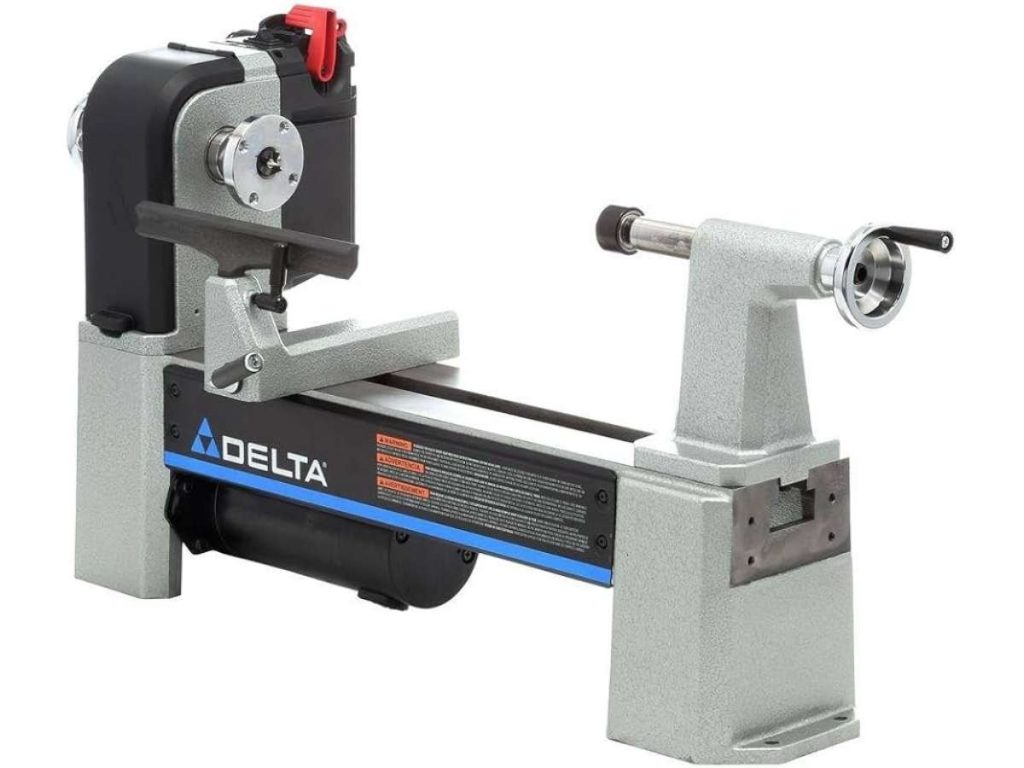
3. Blue Elephant CNC Wood Lathe with Automatic Tool Changer
The first time I watched a CNC wood lathe in action, it was a game-changer. No manual adjustments, no second-guessing measurements, just precision at the push of a button. Compared to traditional lathes, CNC technology takes efficiency to a whole new level.
For businesses that need speed, accuracy, and automation, the Blue Elephant CNC Wood Lathe with Automatic Tool Changer is the answer. Whether you’re a machine dealer, repair service, or rental company, this model offers a competitive edge with unmatched precision and minimal operator intervention.
- Price: Prices vary based on custom configurations, but expect a starting range of $8,000–$20,000, depending on specifications and additional features.
Specs
- Control System: Advanced CNC system with automated programming
- Spindle Power: 3-5.5 kW (depending on configuration)
- Max Processing Diameter: Customizable, typically 300mm+
- Max Processing Length: 1,500mm – 3,000mm
- Tool Changer: Automatic, multi-tool switching
- Drive System: Servo motor for precision control
- Software Compatibility: Supports G-code, CAD/CAM software
- Construction: Heavy-duty welded steel frame for stability
Main Parts
- Automatic Tool Changer: Allows seamless transitions between different cutting tools, eliminating downtime.
- CNC Control System: Ensures precise, repeatable results with programmed designs.
- Heavy-Duty Spindle Motor: Provides consistent torque for smooth cutting on various wood types.
- Servo Motor & Ball Screw Drive: Guarantees high accuracy with minimal backlash.
- High-Speed Rotation & Adjustable Cutting Speeds: Optimizes production for different woodturning applications.
Pros & Cons
Pros:
- Unmatched Efficiency: Automates the woodturning process, reducing manual labor and operator fatigue.
- High Production Capacity: Ideal for mass production, custom orders, and commercial woodworking businesses.
- Precision Cutting: CNC technology eliminates human errors, ensuring every piece is identical.
- Multi-Tool Switching: The automatic tool changer allows quick transitions between different cutting operations without stopping production.
- Customizable Configurations: Businesses can tailor the machine to their production needs, from bed size to spindle power.
Cons:
- Higher Initial Investment: More expensive than manual lathes, but the ROI from increased production makes up for it.
- Requires CNC Knowledge: Operators need basic training in G-code or CAD/CAM software for maximum efficiency.
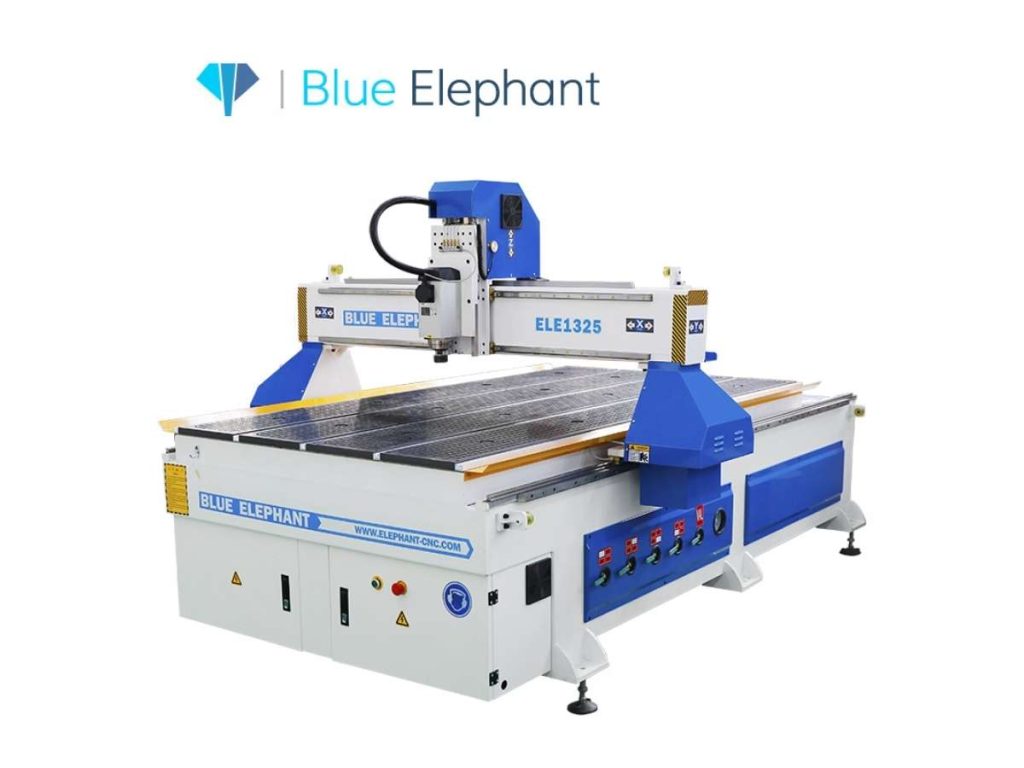
4. RIKON 70-105 Mini Lathe
I’ll never forget the first time I worked with a mini lathe. It was small, simple, and got the job done—until I realized it lacked power. That’s when I discovered the RIKON 70-105 Mini Lathe. Designed specifically for beginners, this machine strikes the perfect balance between compact size and serious performance.
For businesses supplying woodworking schools or hobbyists moving into professional work, the RIKON 70-105 is a smart investment. It’s an affordable, no-nonsense lathe that delivers reliable results without overwhelming new users.
- Price: You can typically find it in the $350–$450 range, making it a budget-friendly choice for businesses looking to stock entry-level models.
Specs
- Motor: ½ HP, 120V
- Speed Options: 500, 1,175, 1,850, 2,225, 3,200 RPM (5-step pulley system)
- Swing Over Bed: 10 inches
- Distance Between Centers: 18 inches
- Weight: 75 lbs
- Construction: Cast iron bed for added stability
Main Parts
- 5-Speed Pulley System: Allows users to manually adjust speeds for different woodturning tasks.
- Cast Iron Bed & Base: Reduces vibration, ensuring stability and precision.
- Adjustable Tool Rest: Provides extra control while shaping and carving.
- Self-Ejecting Tailstock: Makes bit changes fast and hassle-free.
- Powerful ½ HP Motor: Offers consistent performance for small to mid-size projects.
Pros & Cons
Pros:
- Perfect for Beginners: Straightforward design with easy-to-learn controls.
- Compact & Lightweight: Weighs only 75 lbs, making it easy to move and fit into small workspaces.
- Durable Build: Despite its small size, the cast iron bed provides stability, reducing vibrations.
- Affordable Price Point: One of the best budget-friendly mini lathes for businesses.
Cons:
- No Variable Speed Control: Users must manually change belt positions to adjust speed.
- Limited to Smaller Projects: Works best for pens, bowls, and small furniture parts but lacks power for heavy-duty turning.
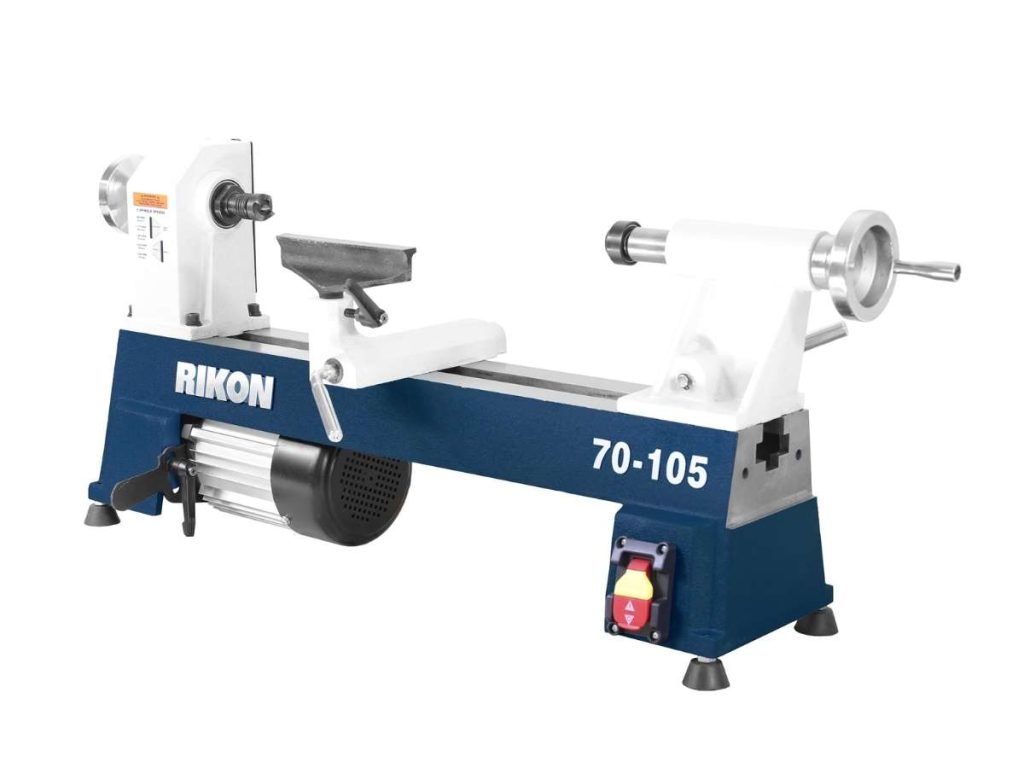
5. WEN 3421 Variable Speed Mini Benchtop Lathe
I remember working with a beginner who was frustrated by his first wood lathe. It was too slow, too basic, and lacked the power to handle anything beyond softwood. That’s when I recommended the WEN 3421 Variable Speed Mini Benchtop Lathe—a compact but surprisingly capable machine designed for small projects and beginners who want a smooth introduction to woodturning.
- Price: It typically sells for $150–$250, making it an excellent entry-level investment for businesses catering to hobbyists, schools, and small workshops.
Specs
- Motor: 3.2-amp, 120V
- Speed Range: 750 – 3,200 RPM (variable speed)
- Swing Over Bed: 8 inches
- Distance Between Centers: 12 inches
- Weight: 44 lbs
- Construction: Cast iron base with a lightweight frame
Main Parts
- Variable Speed Control: Allows real-time speed adjustments, eliminating the need for belt changes.
- Cast Iron Base: Reduces vibrations for smoother operation.
- Adjustable Tool Rest: Supports better control and maneuverability.
- MT1 Spindle and Tailstock Taper: Compatible with standard accessories for easy upgrades.
- Soft Start Motor: Ensures safe, gradual acceleration to prevent sudden jumps in speed.
Pros & Cons:
Pros:
- Great for Beginners: Simple interface, lightweight, and easy to operate.
- Variable Speed Control: No need for manual belt adjustments—just turn the dial.
- Compact & Portable: Weighs only 44 lbs, making it easy to transport and store.
- Budget-Friendly: One of the most affordable mini lathes, ideal for hobbyists and small businesses.
Cons:
- Limited Power: The 3.2-amp motor is best suited for small, lightweight projects.
- Small Work Capacity: With an 8-inch swing over bed, it’s not ideal for larger workpieces.
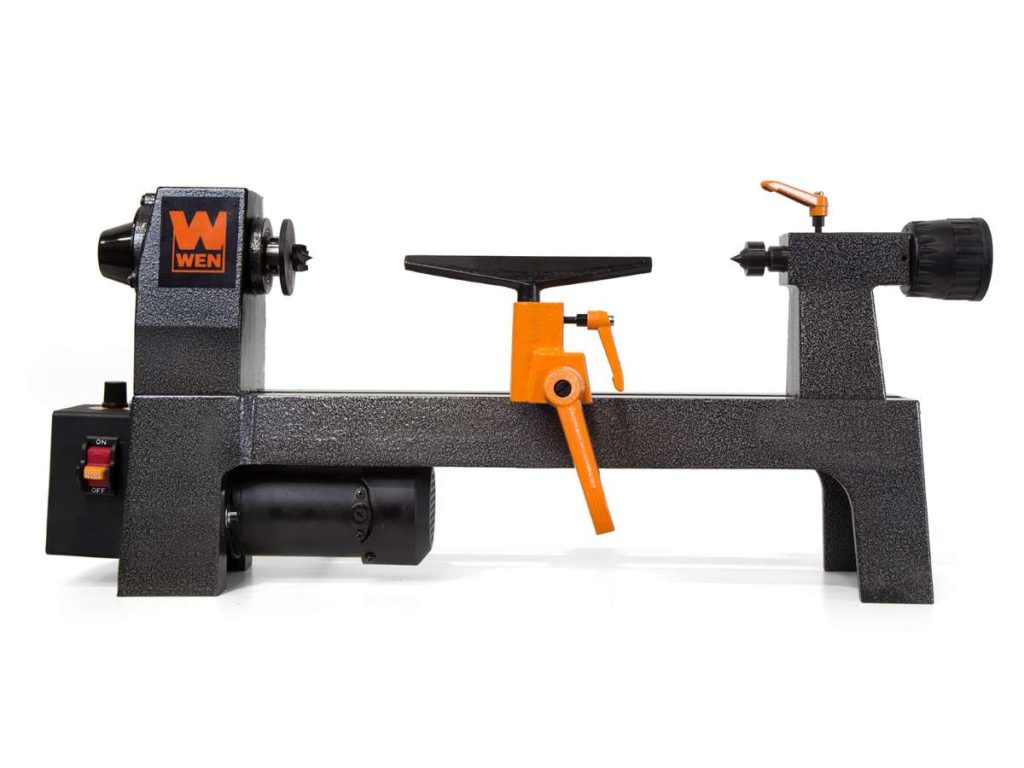
6. Shop Fox W1704 Benchtop Lathe
The first time I worked with a compact lathe, I underestimated it. I assumed bigger meant better, but the right small lathe can be just as powerful, if you choose the right one. That’s exactly what the Shop Fox W1704 Benchtop Lathe offers: a small machine with serious capabilities.
Its sturdy cast iron construction, variable speed control, and compact size make it ideal for small workshops and beginner woodturners.
- Price: This model sits comfortably in the $250–$350 range, making it an affordable choice for businesses catering to budget-conscious buyers.
Specs
- Motor: 1/3 HP, 120V
- Speed Range: 700 – 3,200 RPM (variable speed)
- Swing Over Bed: 8 inches
- Distance Between Centers: 12 inches
- Weight: 52 lbs
- Construction: Cast iron base for stability
Main Parts
- Variable Speed Control: Allows for easy speed adjustments while working.
- Cast Iron Construction: Provides durability and reduces vibration.
- Two Tool Rests (4-½” and 7”): Gives flexibility for different woodturning projects.
- MT1 Spindle & Tailstock: Standard taper system for easy accessory compatibility.
- Faceplate Included: Enables turning of non-spindle projects like bowls and platters.
Pros & Cons
Pros:
- Affordable & Beginner-Friendly: Great entry-level option for small projects.
- Variable Speed Control: Provides flexibility for different materials and cuts.
- Compact & Lightweight: At 52 lbs, it’s portable yet sturdy enough for steady operation.
- Solid Cast Iron Build: Reduces vibration for a smoother turning experience.
Cons:
- Limited Power: The 1/3 HP motor is best suited for light-duty tasks.
- Small Work Capacity: With an 8-inch swing over bed, it’s not built for larger pieces.
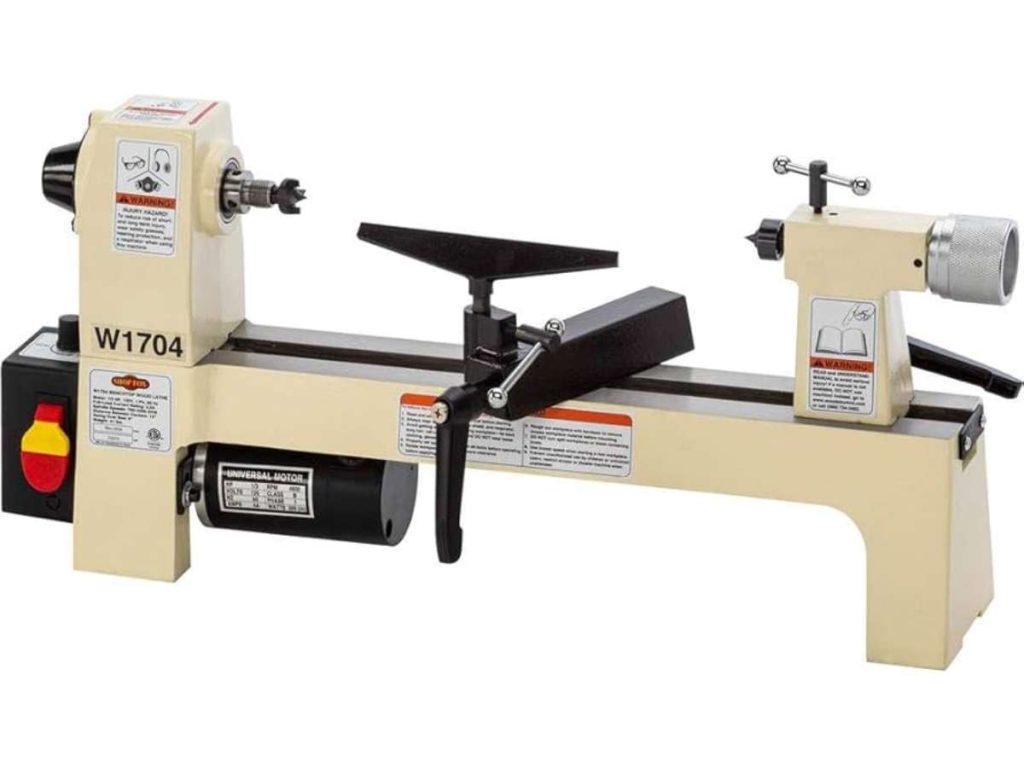
7. Nova Comet II DR Midi Lathe
I once worked with a woodturner who swore by his old-school, fixed-speed lathe—until he tried the Nova Comet II DR. The moment he experienced true variable speed control, digital precision, and rock-solid stability, he never looked back.
This lathe is proof that beginners don’t have to settle for limited features. It offers power, flexibility, and modern features that make learning easy while leaving room for skill progression.
- Price: This midi lathe falls into the $550–$750 range.
Specs:
- Motor: ¾ HP, 115V
- Speed Range: 250 – 4,000 RPM (variable speed with digital readout)
- Swing Over Bed: 12 inches
- Distance Between Centers: 16.5 inches
- Weight: 82 lbs
- Construction: Solid cast iron for vibration control
- Forward/Reverse Function: Yes
Main Parts
- Electronic Variable Speed Dial: Adjusts RPM in real-time with a digital display for accuracy.
- Forward & Reverse Switch: Provides a smoother finishing process and better sanding results.
- Cast Iron Bed & Base: Adds durability and reduces unwanted vibration.
- 3-Step Pulley System: Allows for extra torque when needed, giving more control over heavy workpieces.
- Integrated Worklight Mount: Designed for attaching a lamp to improve visibility.
Pros & Cons
Pros:
- Digital Variable Speed Control: Offers precise, real-time speed adjustments without stopping the lathe.
- Powerful ¾ HP Motor: More torque than most beginner lathes, allowing bigger projects.
- Forward & Reverse Capability: Makes sanding and finishing significantly easier.
- Expandable System: Nova offers optional attachments, allowing businesses to upsell accessories.
- Compact but Capable: A midi lathe that bridges the gap between small benchtop models and full-size machines.
Cons:
- Higher Price Point for a Beginner Lathe: Costs more than basic starter lathes, but the added features justify the price.
- Manual Belt Adjustment Still Needed for Torque Control: While speed is digitally controlled, pulley adjustments are necessary for high-torque applications.
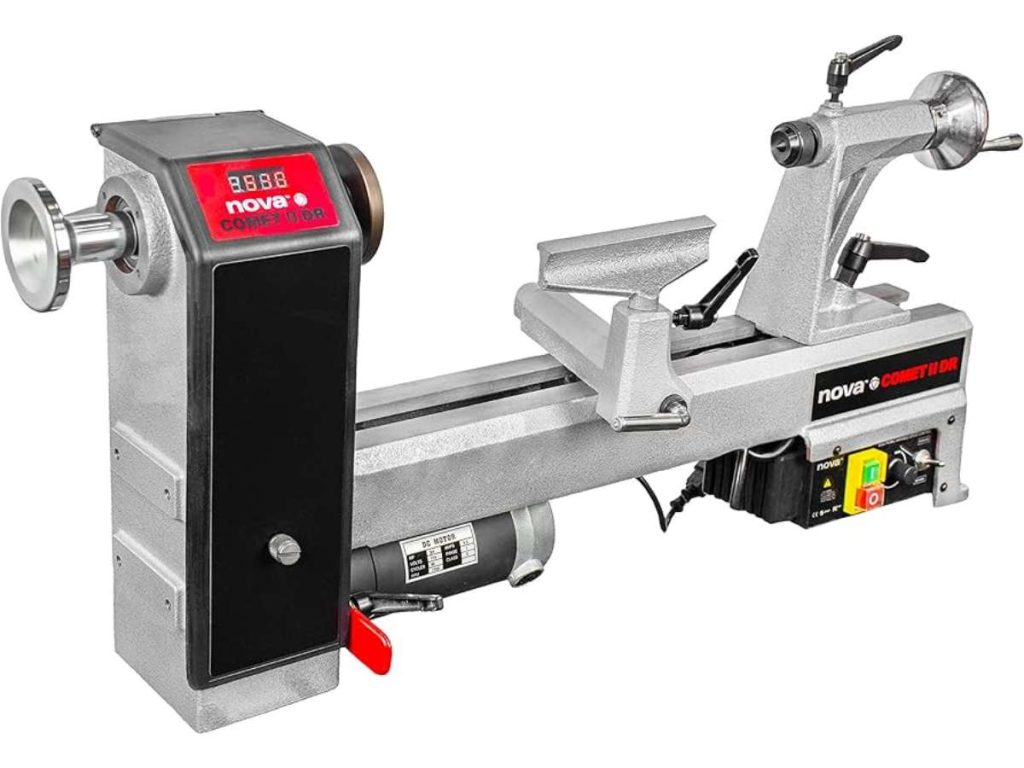
8. Grizzly Industrial G0844 Benchtop Wood Lathe
I once met a workshop owner who refused to use benchtop lathes—he thought they were too weak for real projects. Then he tried the Grizzly Industrial G0844, and his opinion changed instantly. Solid cast iron, a powerful motor, and precision controls proved that a benchtop lathe could deliver serious performance.
- Price: Expect to pay between $650–$850, depending on your supplier and current promotions.
Specs
- Motor: ¾ HP, 120V
- Speed Range: 650 – 3,800 RPM (variable speed with digital control)
- Swing Over Bed: 12 inches
- Distance Between Centers: 18 inches
- Weight: 106 lbs
- Construction: Heavy-duty cast iron bed
- Forward/Reverse Function: Yes
Main Parts
- Electronic Variable Speed Control: Allows for seamless speed adjustments without stopping the machine.
- Cast Iron Bed & Base: Provides maximum stability, reducing vibrations for cleaner cuts.
- Digital RPM Readout: Ensures precise speed control for different project needs.
- Forward & Reverse Switch: Helps achieve smoother sanding and finishing.
- Quick-Adjust Tool Rest: Allows for better control and versatility during woodturning.
Pros & Cons:
Pros:
- Powerful ¾ HP Motor: More torque than standard benchtop lathes, allowing larger and denser wood pieces.
- Digital Speed Control: Offers real-time adjustments, ensuring precision for every project.
- Forward & Reverse Capability: Makes finishing and sanding significantly easier.
- Solid Cast Iron Build: Adds durability and prevents excessive vibration.
- Wide Speed Range: Covers both low-speed shaping and high-speed finishing.
Cons:
- Not the Lightest Benchtop Lathe: Weighing 106 lbs, it’s not as portable as smaller models.
- Higher Cost Than Entry-Level Lathes: But the power, durability, and performance justify the investment.
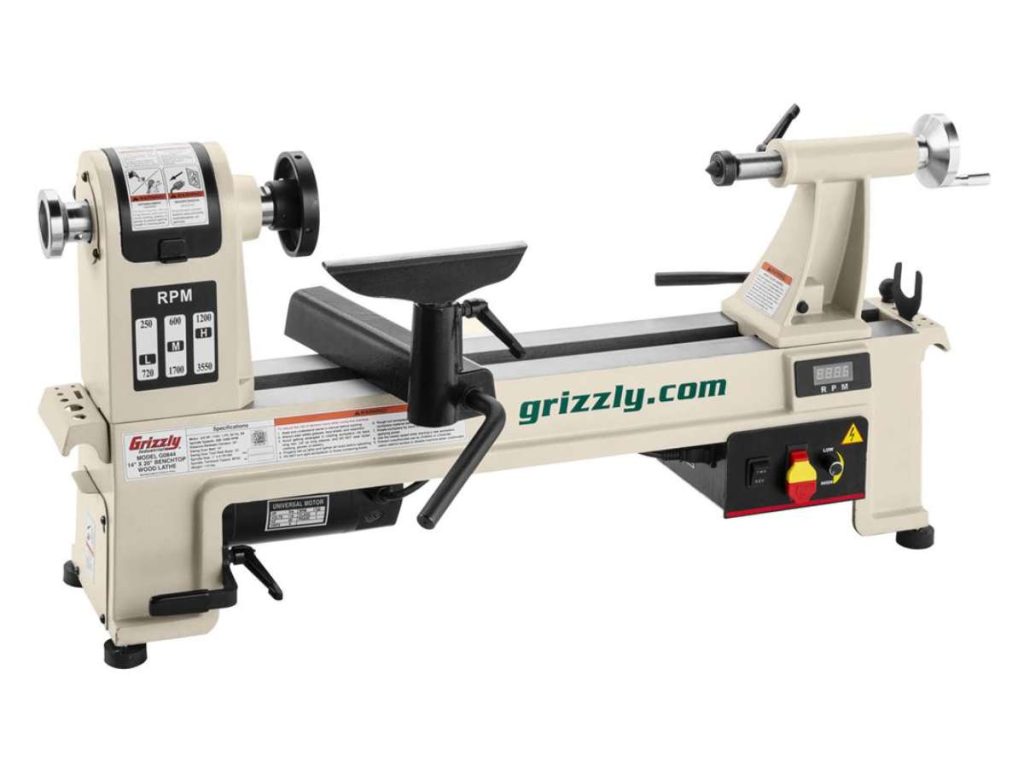
Conclusion
Every wood lathe on this list has one goal: to make woodturning smoother, faster, and more precise.
Whether you need a reliable rental fleet, high-performance CNC automation, or a sturdy beginner-friendly lathe, this guide gives you a clear roadmap.
Remember the first time I struggled with a poorly chosen lathe? You don’t have to go through that. With this expert-backed comparison, you’re already ahead.
Your next step? Pick the right lathe for your business and start turning profits today.
Which machine fits your needs best?
Let’s talk—contact us now!


